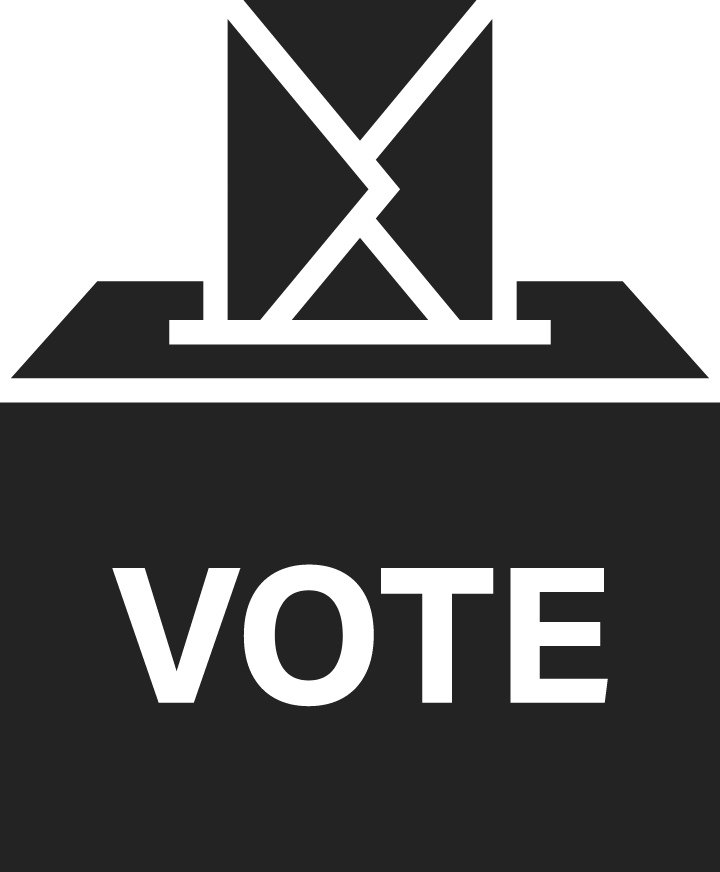Letters that The Associated Press found the Justice Department sent to election officials across the nation inquiring about elections and voter information are causing a stir amongst officials, as some decry it for exposing sensitive information. Others criticized it as a mechanism to purge voters by the masses.
The notices, which The Associated Press said were sent to at least 19 states, contained information requests that varied based on the state. These ranged from how-tos on removing noncitizen voters, to personal information such as the last four digits of a person’s Social Security number, to discrepancies found in the U.S. Election Assistance Commission, according to letters election officials shared.
U.S. Sen. Alex Padilla, D-Calif., said during a July Rules and Judiciary Committee forum that the department’s requests signal it’s prioritizing alleged voter fraud over voting rights.
“In fact, this month, Los Angeles, San Diego and San Francisco counties — local jurisdictions — were also hit with those requests,” Padilla said. “A move that looks a lot like they’re laying the groundwork for mass voter purges.”
The Associated Press reported that offices in Alaska, Arizona, California, Florida, Illinois, Maine, Maryland, Michigan, Minnesota, Nevada, New Hampshire, New York, Oklahoma, Utah and Wisconsin received the DOJ’s requests. Three election officials issued public responses to the department’s letter.
Maine Secretary of State Shenna Bellows, a Democrat, said in a July 29 release that the federal government “overstepped” its boundaries with the request, which she rejected. The office included a copy of the DOJ’s July 24 letter that, among many things, sought voter information, how the state manages its voter rolls and the process for removing noncitizen voters.
DOJ requests voter rolls, compliance procedures
Election officials told the AP that the Justice Department sought information on how states comply with federal voting laws, their voter registration lists and detailed personal information on people who were removed from rolls for being noncitizens. The requests stemmed from what the DOJ said is states’ compliance with the Help America Vote and National Voter Registration Acts.
In California, Los Angeles, Orange, San Diego and San Francisco, election officials received the requests on removed voters. The requests included people’s voting records, dates of birth and ID numbers. Officials from seven states — Arizona, Connecticut, Michigan, Nevada, New Mexico, Rhode Island and Wisconsin — told the news site two DOJ lawyers requested a call on a potential information-sharing agreement.
Many of the requests were qualified with the findings from a June survey on election administration and voting. The Justice Department made the requests to “enforce federal election laws and protect the integrity of federal elections,” the AP reported.
The League of Women Voters CEO, Celina Stewart, said in a July 18 statement that the requests are the Trump administration’s “continued abuse of power” as they sought historical data on how each person voted. She’s not swayed by the argument that the requests benefit election integrity, and said it would do the opposite.
“The Department of Justice demanding state election officials share sensitive data on voters and have voting equipment inspected is another attempt to undermine the security of our elections,” Stewart said. “With every attempt to interfere in the constitutionally mandated election processes of states, our democracy weakens.”
Two states publicly comply with requests
Unbiased. Straight Facts.TM
Over May, June and July, the Department of Justice requested complete voter registration lists from at least 15 states. Some complied, while others contacted lawyers.
Officials from New Hampshire and Utah have already responded to the requests, according to letters posted online. New Hampshire Secretary of State David Scanlan, a Republican, referred the department to request voter information from each of the state’s 234 municipalities.
Scanlan added that New Hampshire is exempt from the NVRA because it offers Election Day registration. That same provision applies to Idaho, Minnesota, Wisconsin and Wyoming, according to the EAC. He informed the DOJ about how the state processes voter applications, how it verifies voter registration with other state databases and how voters get removed from the statewide list.
Utah Lt. Gov. Deidre Henderson, a Republican, serves as the state’s chief election official. She wrote on July 31 that her state is in compliance with the two election laws and has secure elections. Part of that is an annual review county clerks conduct in December to ensure those on the rolls are active voters. If someone hasn’t voted in two consecutive elections, Henderson said clerks inactivate a person’s registration and mail out a confirmation card.
“The Office of the Lieutenant Governor has spent considerable time over the past two weeks manually compiling the requested data,” she wrote. “Utah is in the process of implementing a modern system with enhanced reporting capabilities that will be in place at the beginning of 2027.”
She provided the Justice Department with the state’s voter registration database, complete with vote history. It was not attached to Henderson’s release.
Bellows declined to provide that information to the DOJ, arguing it would harm voter privacy.
“They have no right to the sensitive, personal information of every voter in the State of Maine,” she said. “We will be telling them that in the days to come.”
Click this link for the original source of this article.
Author: Krystal Nurse
This content is courtesy of, and owned and copyrighted by, https://straightarrownews.com and its author. This content is made available by use of the public RSS feed offered by the host site and is used for educational purposes only. If you are the author or represent the host site and would like this content removed now and in the future, please contact USSANews.com using the email address in the Contact page found in the website menu.








